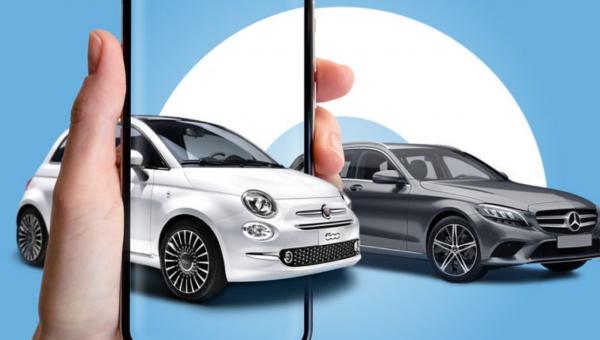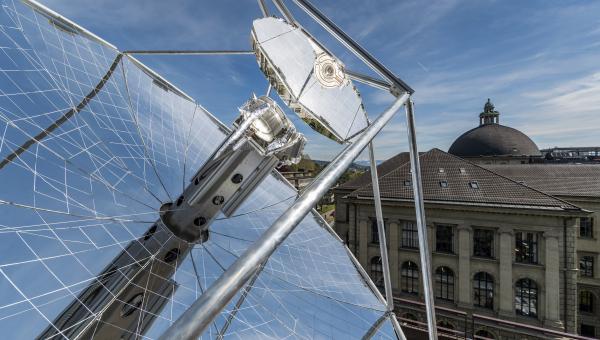How people on foot react to automated vehicles

How do Swiss passers-by react when a moving car is on the road without a driver? This is what the Federal Laboratory for Materials Testing and Research (Empa) tried to find out in a pioneering project in spring 2022.
In June 2022, a team from Empa, the consulting firm EBP and the Swiss Pedestrian Association, carried out a field study in Thalwil. A red Hyundai, equipped with the first system approved in Switzerland that moves a vehicle without anyone being in the vehicle, parked by itself without a driver in front of a large supermarket.
Fear of new technology
During the two-day field study, the reactions of the pedestrians were recorded with a video camera. In addition, interviews were conducted afterwards. The results varied depending on the pedestrians’ age, Empa writes in its press release. It was observed that older pedestrians sought eye contact with a responsible person. Older people were also more afraid of the new driver-less technology. Younger people, on the other hand, had more confidence in the technology or were barely impressed by it.
What we noticed already on the first day of the trial is that many people react to the driverless vehicle and look for eye contact with a person who is in control of the car.
Lack of public information
The field study also revealed a knowledge gap in the population: although driverless technologies are already approved in Switzerland, many people are not yet aware of this. The topic of "automated driving" was not entirely new for every fifth respondent. Information campaigns are intended to further raise public awareness of the topic, as automated vehicles will occupy more space in Swiss traffic in the future.
The findings of the research project are intended to form a basis for preventive measures and design for sustainable road spaces.
Vision test for autonomous vehicles
For Empa, this is not the first study on the topic of "autonomous driving". Last year it was announced that a research project had set itself the goal of finding out how the sensors in self-driving cars work and collect data in different environmental conditions and when false alarms or failures occur. They want to develop a "vision test for autonomous vehicles" independent of the vehicle manufacturers.




